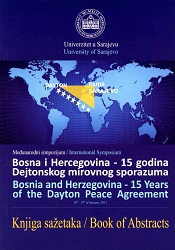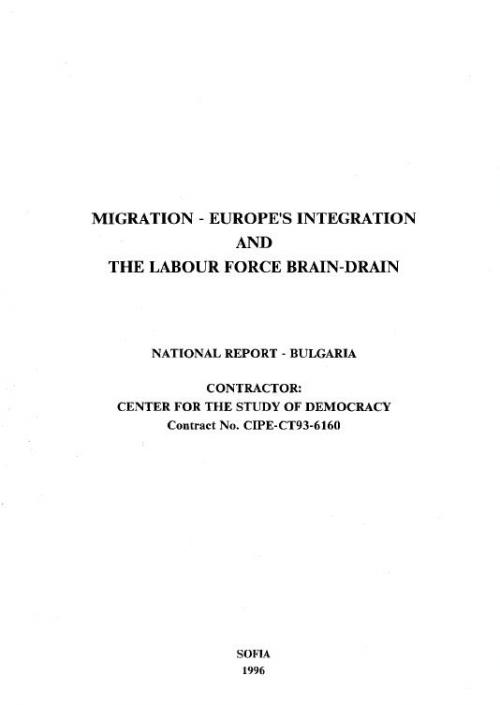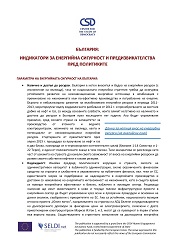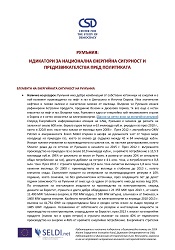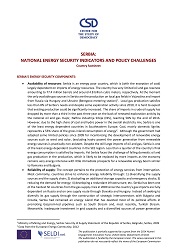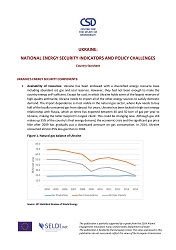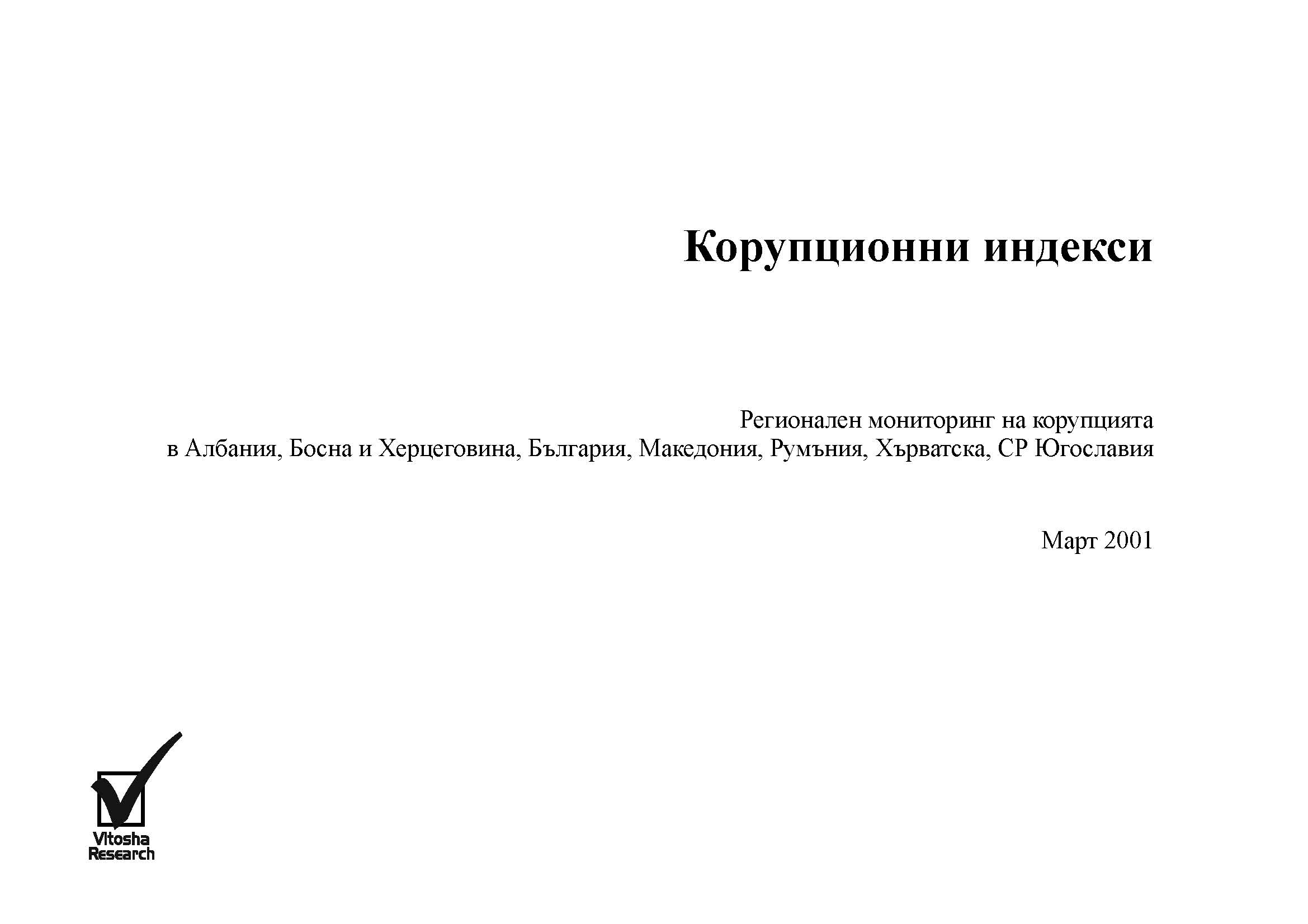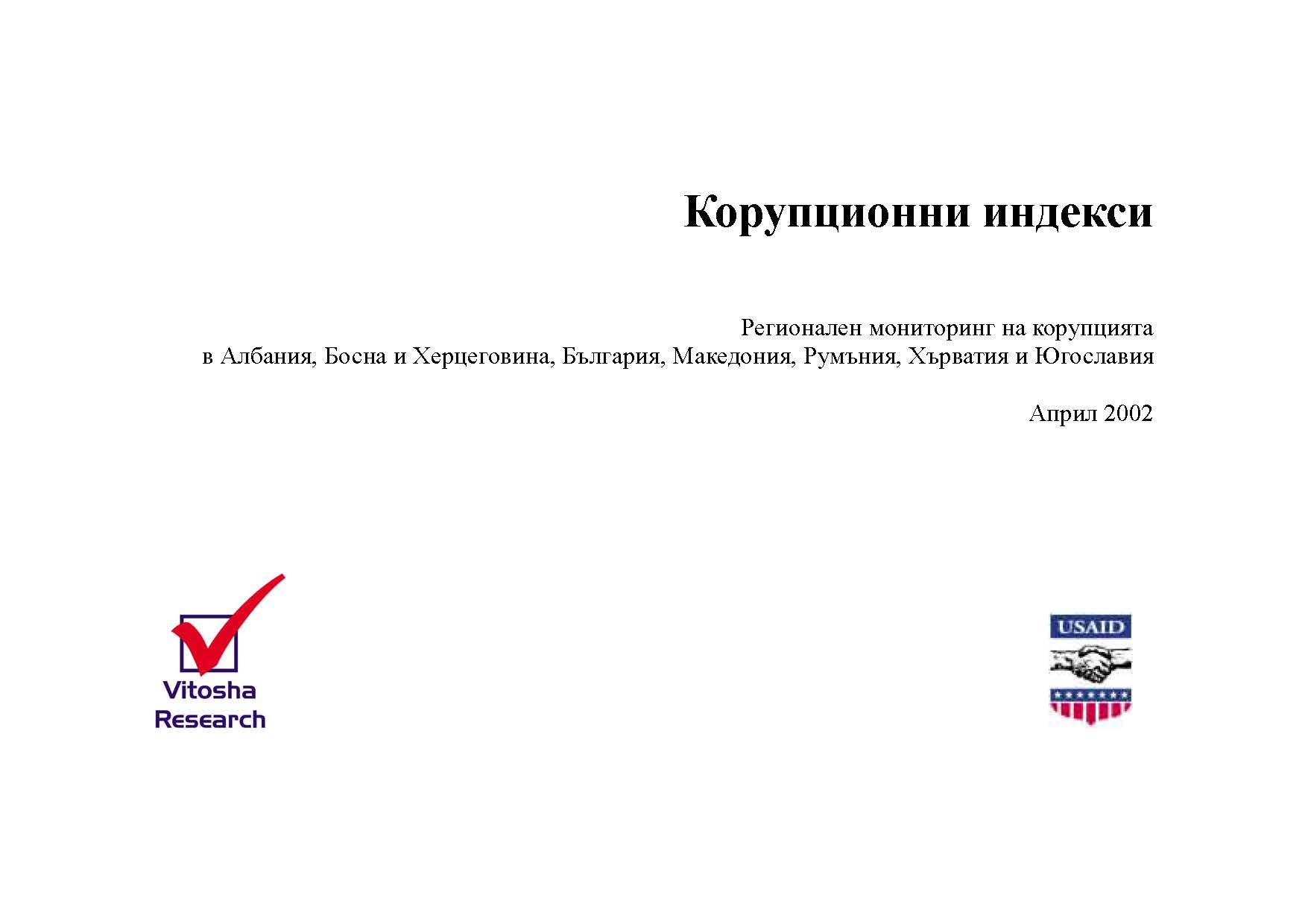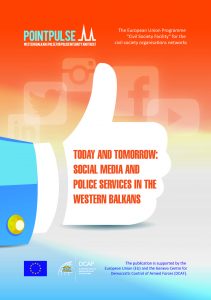Author(s): Marko Živković / Language(s): English
Police services in the Western Balkans (Albania, Bosnia and Herzegovina, Kosovo, Macedonia, Montenegro, and Serbia) are not substantially active on social media platforms (Facebook, Twitter, Instagram and YouTube) and are not sufficiently exploiting the advantages of online communication such as: flexibility (accessible 24/7), relevance (provides a place for real-life policing examples and the exchange of experiences), and community building (the police can develop a supportive, stimulating community that is held by participants in high regard). There is a significant possibility for police services to use social media in the WB for strong community engagement and partnership with the aim of providing a crime-free and safe environment for citizens. Internet penetration in the region is 68.1% and there are 12.5 million internet users1 as well as more than 8.5 million Facebook2 account holders. The average Facebook consumer has more than 200 ‘friends’3 , which indicates a high potential for the community engagement and sharing of information. The research analysed the level of police presence in the social media platforms during the period from 1 January to 31 July 2017. It shows that five out of seven police services in the WB that are subject to this analysis use at least one social medium as a communication tool. Four out of seven are present on Facebook and YouTube, while three have Twitter and Instagram accounts. Only the Albanian police are present on all four social networks. The Kosovo Police makes use of three networks, while the rest use two out of four. Montenegrin police and the MoI of the Federation of BiH, however, are not present on any social networks. Police services in the region predominantly use social media to share basic information, and for promotion. Efforts to engage citizens are lacking. The nature of these social networks, as two-way communication tools, is not recognised by police forces of the region. The police in Albania are mostly active on Facebook, with more than 30,000 page-likes. Twitter and YouTube are used considerably less, Instagram not at all. Facebook is used primarily as a communication tool for sharing service information of the Albanian police, mostly through video posts. There is no interaction with the citizens. The language is formal and bureaucratic. The MoI of the Federation of BiH is not actively using social media, while the MoI of the Republic of Srpska has a YouTube account and an official Facebook page with 18,123 page-likes. It is not however present on Twitter. Facebook is primarily a communication tool used for sharing service information, mostly by way of posting photographs. Citizens’ engagement is low, but still better when compared to the practice in Albania and Kosovo. The Kosovo police have Facebook, Twitter and YouTube accounts, but no Instagram. Facebook is their main online communication tool, with 34,345 page-likes. However, the Kosovo police are not regularly active on Facebook and mostly share links that lead to service information. Interaction with citizens is very low. Original Twitter content is not produced and a low level of activity on YouTube has been noted. The MoI of Macedonia is active predominantly on YouTube, with more than 5,000 subscribers and almost 9.5 million views, which is the best result in the region. Its activity on Instagram is modest. The Facebook page was created in August 2017. There is no Twitter account. The Minister of Interior is not very active on Twitter, and tweets are not strictly related to policing. The MoI of Montenegro is not present on any of the social networks. The police in Serbia are active mainly on Instagram and YouTube.4 Tweeting ceased in February 2010. Instagram is used in accordance with the rules of this social network, with the primary goal to promote the activities of the police and the Minister. The YouTube account of the Serbian MoI had more than 9 million views and boasts 6,483 subscribers, which is the record in the region. Communication in the 21st century has been tremendously changed by new technologies. Social media now provide a completely new communication approach, with different potential and substance. Regardless of whether or not the police want to be present on social media, police issues are being discussed online. Due to this fact, if the police do not use social media many related information can be subjected to spinning and misuse, with no possibility of reacting through the same communication channel. Even though the facts regarding internet and social media users in the WB indicate that conditions for police use of social media do exist, law enforcement agencies of the region are not sufficiently active on social networks. There is significant room for improvement of social media usage by police in the WB to increase effectiveness by engaging citizens, and to build trust in the police by presenting the human side through community policing. Social networks are not just another traditional media channel; they allow greater connectivity and interaction between the web users and encourage contributions and feedback from anyone who is a member of any virtual community
More...
